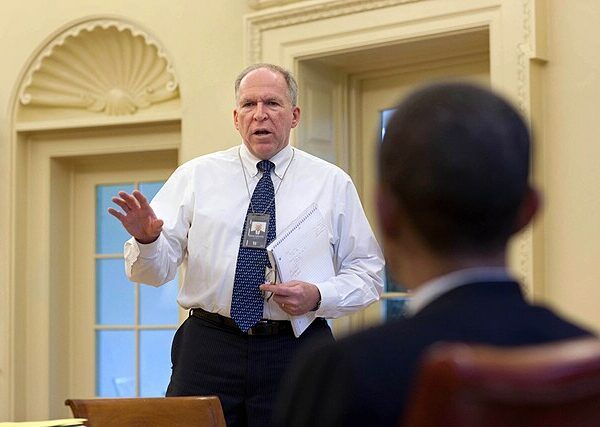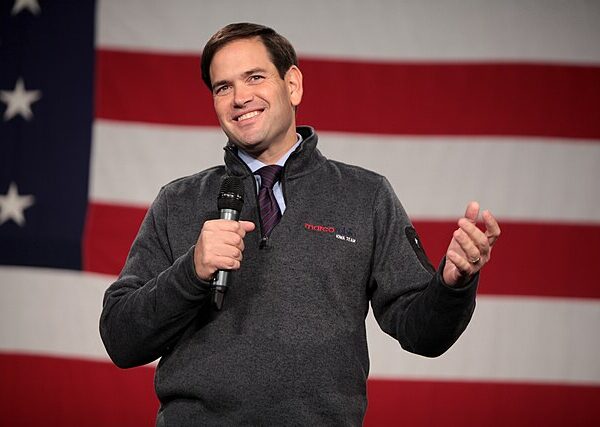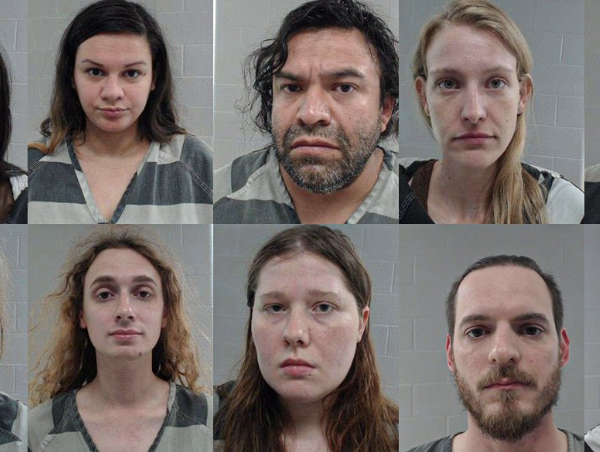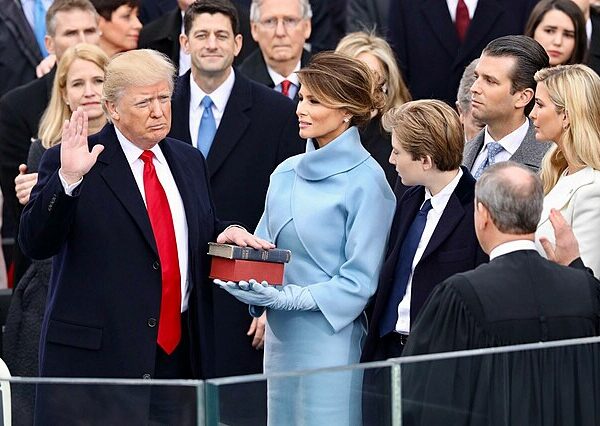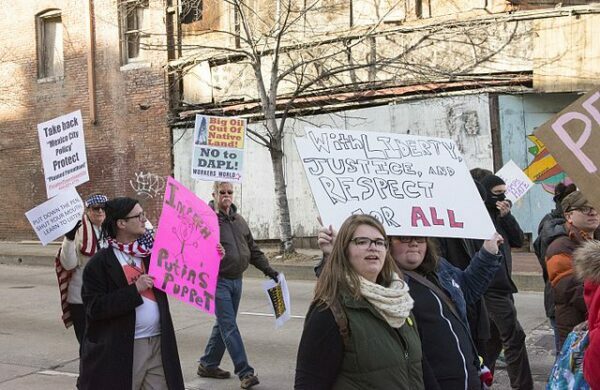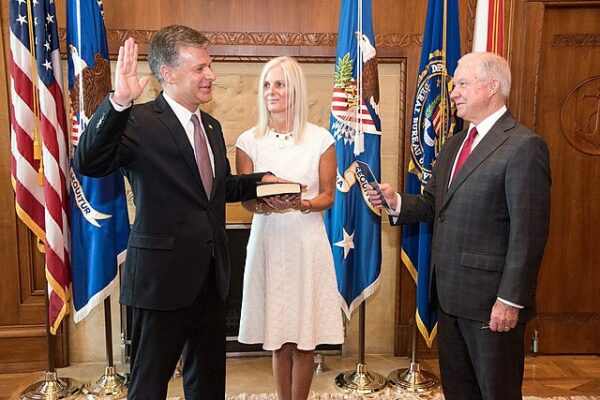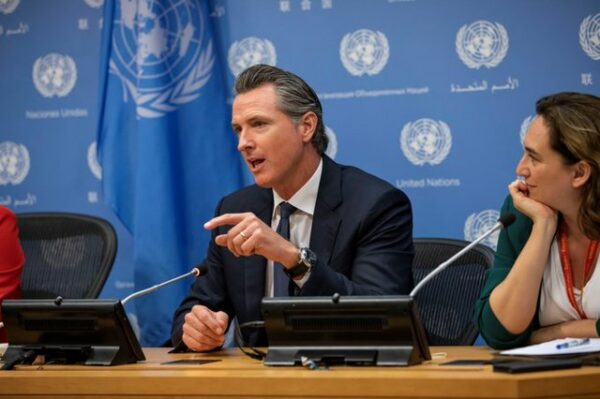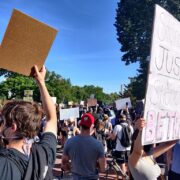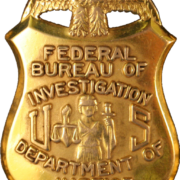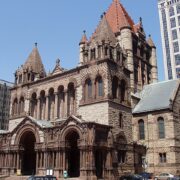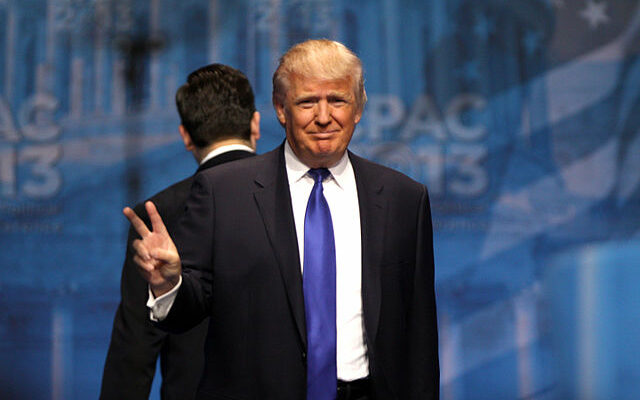
Democratic lawfare against Donald Trump has into some major roadblocks as of late. CNN writes, “Prosecutors handling cases from Georgia to Florida to Washington, D.C., are discovering that bringing groundbreaking criminal charges against a former president is a lot easier than getting them to trial.
The four criminal cases that Trump is facing have diverted him from the campaign trail and — as is evident from his speeches and social media feeds — have prompted him to devote an even greater share of his mental energy to his courtroom adversaries.
But, as of now, the wave of prosecutions don’t seem destined to deliver the kind of legal accountability that Trump’s investigators promised — or the devastating political blow to Trump’s presidential prospects that has animated his detractors since the cases were announced with great fanfare over a five-month span last year.
That’s because Trump has benefited enormously from a pileup of postponements. After a pair of delays this week in Georgia and Florida, the most likely scenario for 2024 is that the only trial that Trump will face before the election is the ongoing one in Manhattan: the hush money case, which many lawyers view as the least serious of the four, both in terms of the severity of the alleged wrongdoing and the prospect of prison time.”
The Federalist reports that with it now looking likely that it will be the only case to take the election of 2024 out of the hands of voters, the judge in Trump’s “hush money” trial appears to be doing everything he can to ensure the former president’s guilt.
The New York judge presiding over Manhattan District Attorney Alvin Bragg’s prosecution of former President Donald Trump has strictly limited the information a key witness for the Republican’s defense can testify about in court.
Bragg claims Trump violated the Federal Election Campaign Act (FECA) when his former attorney Michael Cohen paid pornographic film actress Stormy Daniels to keep quiet about an alleged affair. According to Bragg, because the cash changed hands ahead of the 2016 election, it should have been publicly reported as a campaign expenditure.
Judge Juan Merchan, a financial supporter of Trump’s campaign opponent with a “rabid pro-Democrat bias,” has gone along with this plan by entertaining Bragg’s weak case and gagging Trump. Merchan further hindered Trump’s legal efforts by declaring former FEC Chairman Bradley Smith is only allowed to testify about limited aspects of his job.
Smith professionally enforced campaign finance laws including the one Bragg has chosen to target Trump over. He has long asserted that “almost anything a candidate does can be interpreted as intended to “influence an election” but “not every expense that might benefit a candidate is an obligation that exists solely because the person is a candidate.”
Smith served as chairman of the Federal Elections Commission during the presidency of George W. Bush. In an op-ed written in The Federalist, he wrote that under the broad definition of the law that Alvin Bragg has charged Trump with, nearly every political expenditure could construed as being illegal.
The former FEC chairman wrote, “Misreporting business expenses is normally, at most, a misdemeanor. Bragg seeks to ratchet it up to a felony here by arguing that the misreporting was done to cover up a crime. That alleged crime is a violation of the Federal Election Campaign Act (FECA). The theory is that Trump’s payments to Daniels were campaign expenditures and thus needed to be publicly reported as such. By not reporting the expenditure, the theory goes, Trump prevented the public from knowing information that might have influenced their votes.
There is one big problem with this theory: The payments to Daniels were not campaign payments.
In Bragg’s defense, FECA does define a campaign expenditure as any payment, ‘for the purpose of influencing an election.’ And there is certainly some evidence that Trump agreed to a nondisclosure deal with Daniels, at least in part, to keep her from telling her story during the closing days of the campaign — i.e., to “influence an election.’
But let’s think about this for a minute. Political candidates do things all the time that are ‘for the purpose of influencing an election,‘ but that, nonetheless, are not considered campaign expenditures. For example, a candidate cannot buy a new suit, get his teeth whitened, or pay for cosmetic surgery with campaign funds, even if he does so for the purpose of looking good on the campaign trail.”
No wonder the judge wants to limit what Smith can say when he takes the stand.
[Read More: ‘Maybe He’ll Die,’ MSNBC Host Makes Shock Comment]

